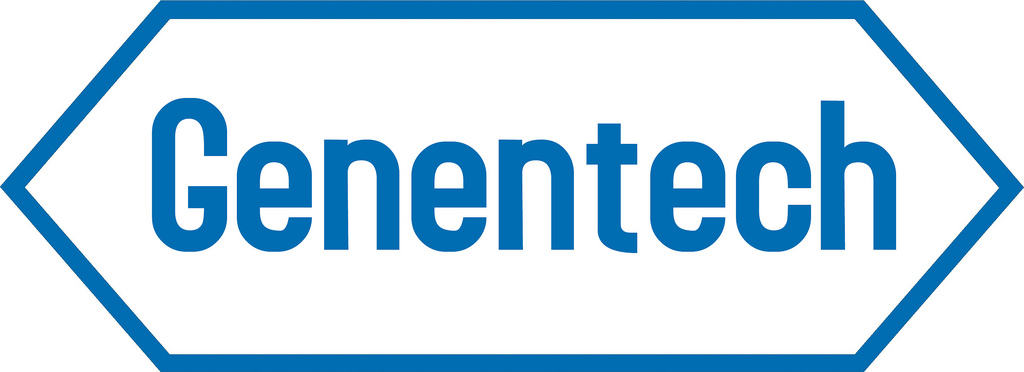
Positive late-stage results for Genentech’s ocrelizumab in different forms of MS
pharmafile | October 8, 2015 | News story | Research and Development | ECTRIMS, Genentech, MS, Roche, multiple sclerosis, ocrelizumab
Roche’s biotech arm Genentech has presented ‘transformative’ data at an international multiple sclerosis conference on its investigational drug ocrelizumab.
Ocrelizumab is the first investigational MS medicine to show positive pivotal study results in both relapsing and primary progressive forms of the disease when compared to a standard treatment.
Data from two studies, called OPERA I and OPERA II in people with relapsing MS, showed ocrelizumab was superior to Rebif (interferon beta-1a) in reducing three major markers of disease activity in the two-year study period. Relapsing MS affects approximately 85% of people with MS at the time of diagnosis.
In a separate study (ORATORIO), in people with primary progressive MS, ocrelizumab significantly reduced the progression of clinical disability for at least 12 weeks (the primary endpoint) and 24 weeks (a secondary endpoint) compared with placebo.
Genentech says it plans to pursue marketing authorisation in the US for ocrelizumab in relapsing MS and in PPMS. It will submit data from the OPERA I, OPERA II and the ORATORIO studies to the FDA in early 2016.
Sandra Horning, Roche’s chief medical officer and head of global product development, says the results “have the potential to transform the treatment of MS.”
“Ocrelizumab is the first investigational medicine to significantly reduce disability progression in people with relapsing MS and people with primary progressive MS – a form of MS with no approved treatments. We are eager to work with regulatory authorities to bring this investigational medicine to the MS community as soon as possible.”
“These results redefine our understanding of MS by highlighting the central role of the B cell,” says Dr Stephen Hauser, chair of the scientific steering committee of the OPERA studies and chair of the department of neurology at the University of California San Francisco School of Medicine.
“The findings may also encourage the MS community to look more closely at earlier treatment of the disease. Currently, many doctors reserve what are considered highly effective MS medicines until a patient’s disease becomes more advanced. Patients and their doctors need new treatment options that offer the potential for greater efficacy than a standard-of-care interferon with a similar safety profile.”
Lilian Anekwe
Related Content

Roche receives CE Mark for blood test to help rule out Alzheimer’s
Roche has been granted CE Mark approval for its Elecsys pTau181 test, the first in …

Roche candidate shows early promise for treating haemophilia A
Roche has announced encouraging early results from its phase 1/2 trial of NXT007, an investigational …

Roche advances treatment for Parkinson’s disease
Swiss biopharma, Roche, has announced its decision to proceed with phase 3 trials of prasinezumab, …






